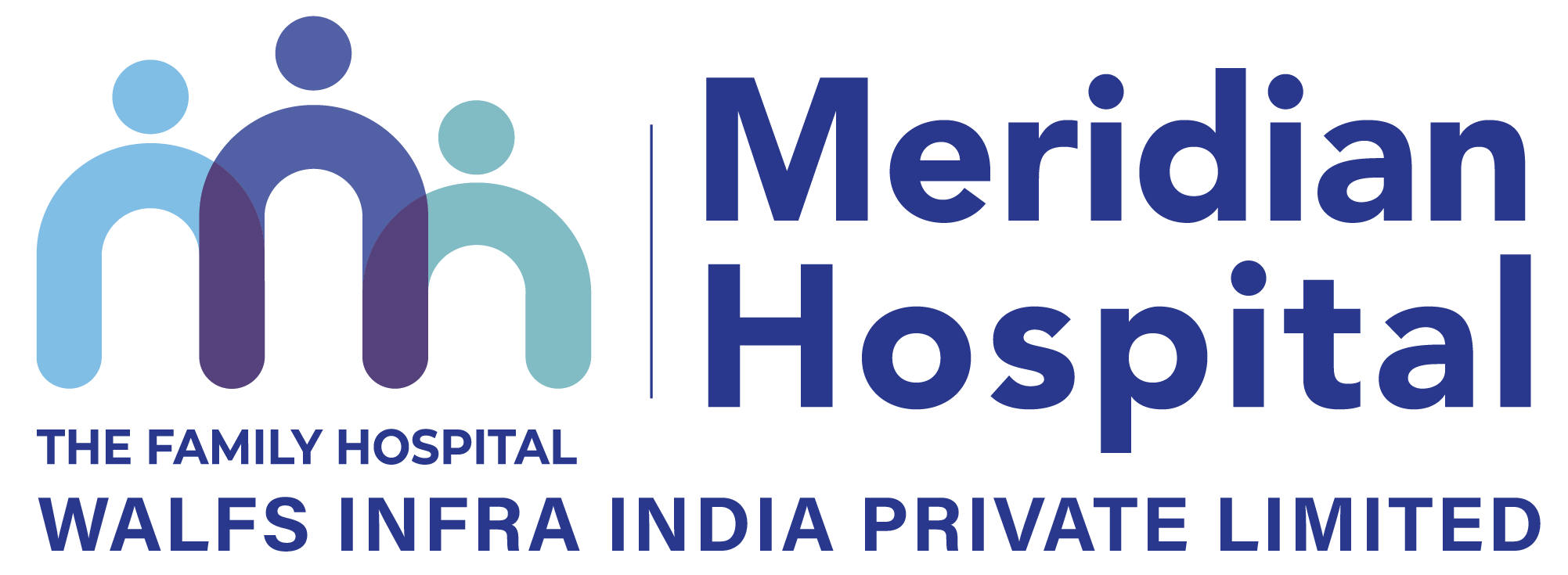In India, heart attacks are more common among men than in women. Men at younger ages are more prone to heart health issues. Heart attack symptoms in men and women vary and sometimes may go unnoticed or misunderstood. That is why it is essential to understand the symptoms and factors that impact heart health in both genders.
Women are less prone to heart attacks, and this is due to estrogen content in hormones for women that make them less vulnerable. The estrogen hormone improves the cholesterol levels that maintain flexible blood vessels. Heart attack symptoms may overlap between men and women, but there are also distinct differences in how they present. Let’s explore how these symptoms vary between the two.
| Heart attack symptoms | Women | Men |
| Chest pain | Atypical symptoms.
Chest pressure, squeezing or fullness |
Men often experience chest pain that feels like pressure, tightness, or a sense of fullness. |
| Heavy breathing | Heavy breathing with or without chest pain | Unusual breathing discomfort |
| Sweating and Nausea | Cold sweat or Nausea | Cold sweat that seems unusual |
| Pain in arms, neck, and jaw | Discomfort can appear in either arm and may also affect the neck and jaw. | Pain in left arm, neck and jaw |
| Fatigue | Women face more fatigue and tiredness | Fatigue or unusual tiredness |
| Anxiety and Insomnia | Women face more anxiety and emotional stress | Nervousness, dullness, or lack of sleep |
Heart Attack Symptoms In Women- A Complete list
Heart attack symptoms in women are often unusual and can be intense, sometimes striking suddenly, especially in older women.
Chest Pain:
Women over 50 may feel asymptomatic chest pain that feels like pressure, squeezing, or fullness.
Heavy Breathing:
Heavy breathing with or without chest discomfort.
Sweating and Nausea:
Cold sweat or nauseating symptoms.
Pain in arms, Neck, and Jaw:
Discomfort in these areas, including the stomach, may indicate a possible heart attack.
Anxiety:
Women experience more anxiety related to emotional stress. These symptoms are more common in the first few weeks of a heart attack.
Heart Attack Symptoms In Men
One of the early signs of a heart attack in men is persistent chest pain, which can last for 15 minutes or longer. Men are generally less aware of their symptoms, which is a major cause of concern. It is essential to see your Doctor when you feel exhausted and have chest discomfort to deduct and treat your early symptoms. Consult a cardiology specialist for early diagnosis and care. Here is a list of common heart attack symptoms experienced by men:
1. Unusual Tiredness:
Prolonged tiredness and fatigue sometimes, lasting for many days.
2. Insomnia:
Insomnia or loss of sleep
3. Anxiety:
Nervousness or dullness and anxiety
4. Chest discomfort:
The most frequent and intense symptoms in men include chest pain, a feeling of fullness, tightness, and pressure.
5. Pain in arms, neck and jaw:
Additional serious symptoms can include pain in the left arm, back, neck, and jaw.
6. Shortness of breath:
Shortness of breath or irregular breathing often accompanies chest pain and discomfort
7. Cold sweat:
Cold sweat or sudden body chillness that seems unusual.
8. Fatigue:
Most women face fatigue more during heart attacks than men, but some men can also feel fatigued or exhausted.
9. Nauseated symptoms:
Men feel nauseated and dizzy.
Prevention Of Heart Attacks & Lifestyle Modification: Research & Observations
A recent study and research revealed that women’s overall heart health is better than that of men. Women performed well in the results since they followed a balanced and healthy diet. The tests took into account factors such as diet, blood glucose levels, cholesterol levels, and blood pressure. However, women are at a higher risk of experiencing strokes compared to men.
Once you are diagnosed with a heart attack, it is important to monitor your heart health and follow a healthy lifestyle.
The test research presented at the American College of Cardiology was based on various criteria, including diet, sleep, physical activity, smoking, body mass index(BMI), blood glucose, lipids, and blood pressure.
The multi-speciality healthcare at Meridian Hospital is a leading hospital in Chennai that provides comprehensive diagnosis and cardiac treatment for men and women.
Overall health modification after a heart attack- Care and prevention
After a heart attack occurs, you need to be extra careful and prevent heart disease by modifying your diet and making healthier choices. Heart health experts suggest including more nutrients and adding vegetables, fibre, and grains that will help regulate HDL or good cholesterol levels.
The reasons for a heart attack are many, and among women, it is essential to monitor your health since they are more predisposed to attacks after menopause; for both men and women, regular sleep, yoga and exercises are recommended to maintain a good lifestyle since anxiety and worry can make them more susceptible to another attack.
Meridian Hospital helps manage the journey of a heart patient from the early stage of a heart attack to medical care and treatment after an attack, helping them live a healthier life. Book an appointment now to consult with a cardiologist.
FAQs
FAQ 1. What are the main differences in heart attack symptoms between women and men?
The key differences in heart attacks include various factors based on age, the hormonal differences in men and women, and the type of heart attacks. Men are commonly affected by coronary artery disease, whereas women are more prone to developing it. Women are also more likely than men to experience a stroke.
FAQ 2. What Are the Common Warning Signs of a Heart Attack?
Common heart attack symptoms involve chest pain along with sensations of pressure, tightness, and squeezing in the chest area. Pain in arms, neck and jaw, nausea, fatigue, heavy breathing, sleeplessness and anxiety.
FAQ3: Why do women have a lower risk of heart attacks compared to men?
Women are less prone to heart attacks since the estrogen content in their hormones protects them from heart diseases. Women have higher levels of total cholesterol, and the estrogen content in them increases HDL, or good cholesterol, and decreases the LDL, or bad cholesterol.





